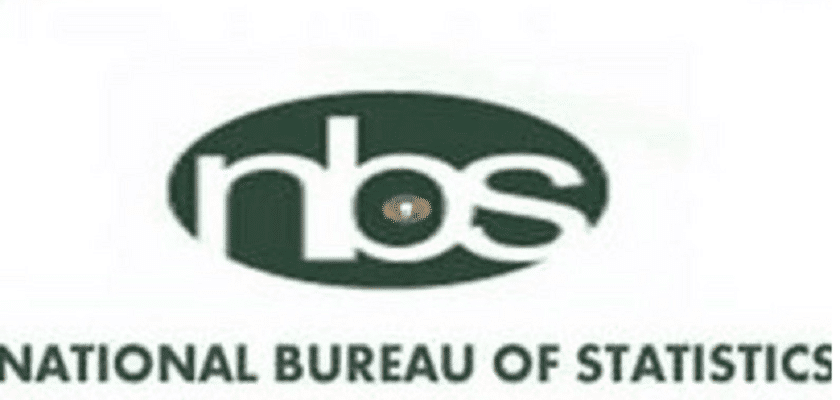The National Bureau of Statistics (NBS) has released a startling report, indicating about 68% of Nigerian households experienced moderate or severe food insecurity in August 2020, with many taking loans to purchase food.
In the report of the national longitudinal survey on the socio-economic effects of COVID-19 on Nigerian households, conducted by the NBS for the month of August, adding that 51 percent of households took loans after the COVID-19 pandemic began to pay for food items.
“About one in four households were already indebted prior to the pandemic while nearly one-third have taken out new loans since the onset of the pandemic,” the report read.
“The food security situation in Nigeria remains precarious, even as the lockdown restrictions continue to be loosened,”
“The share of households experiencing moderate or severe food insecurity remained high at 68% in August 2020.”
Indebted households reported that 55 percent of the loans were obtained from friends or relatives.
READ: Detailed List of CBN Loans and Fund Interventions For SME Businesses and Agriculture – Plus Application Guidelines
“Loans obtained from more formal sources were far less frequent with only 9 percent of respondents reporting loans obtained from banks and microfinance institutions and 16 percent from cooperatives and savings associations,” the report explained.
“This could reflect barriers faced by Nigerian households to obtain formal loans in the face of a crisis and that many households instead must turn to friends and relatives for loans.”
The NBS reported that the overall share of respondents who are working is back to pre-pandemic levels.

